Carbon market is an inevitable development trend nowadays. Vietnam is assessed to have great potential to participate in this market, especially forest resources. However, in order to participate in the carbon market sustainably and effectively, we need to promptly promote the implementation of related plans, solutions and legal frameworks.
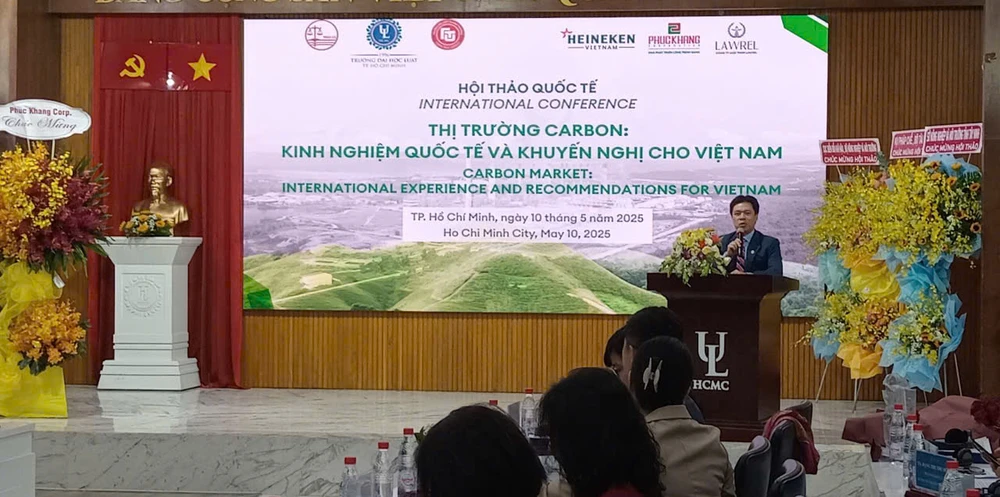
According to Associate Professor Dr. Nguyen Ngoc Ha, Director of the Institute for Creative Research, Foreign Trade University, the forest carbon market is emerging as a potential mechanism to mobilize financial resources to respond to climate change, while promoting sustainable forest management.
With great potential for forest resources and carbon absorption, in the period of 2021-2030, it is estimated that Vietnam can generate 40-70 million forest carbon credits equivalent to tens of thousands of billions of VND from carbon credit transfers. In fact, Vietnam has recorded some initial positive results such as the successful transfer of 10.3 million tons of CO2 emission reductions to the World Bank in 2024. However, the domestic forest carbon market still faces many barriers of legal, technical and institutional nature. In particular, the lack of a mechanism to establish forest carbon ownership, an incomplete measurement, reporting and verification system and dependence on international support prevent Vietnam from participating deeply in the global carbon market independently.
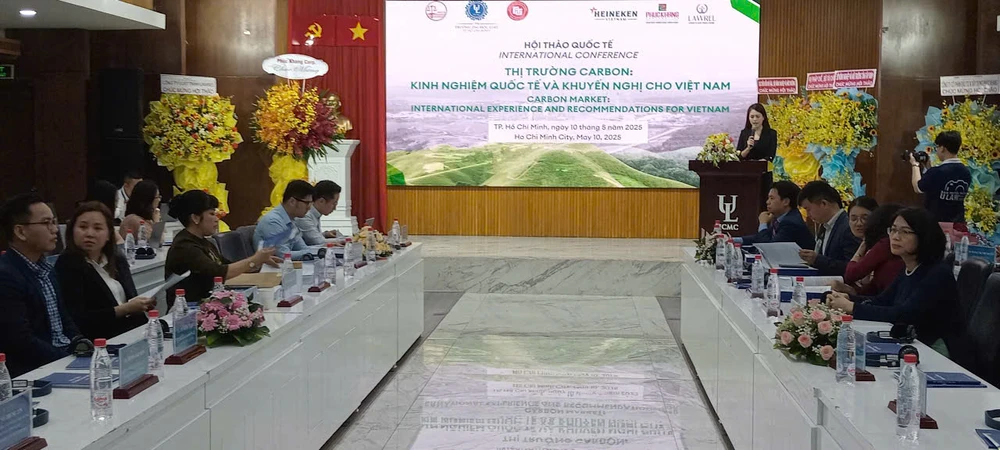
From a business perspective, Ms. Luu Thi Thanh Mau, General Director of Phuc Khang Corporation, also recommended that the authorities should build a synchronous legal framework for the carbon market. Review and supplement regulations related to carbon credits in the Law on Environmental Protection, the Law on Climate, along with guiding decrees and circulars, to create a comprehensive and consistent legal framework.
Dr. Tran Nguyen Thi Tam Dan, Hanoi University of Natural Resources and Environment, also said that although the Net Zero commitment was committed by the Government since COP 26, up to now, Vietnam has not been able to operate the carbon market. Vietnam has long implemented environmental protection projects with the nature of carbon credits through bilateral agreements. For example, the REDD ++ project in Vietnam earned 51.5 million USD, equivalent to 10.3 million carbon credits. On the positive side, we are being flexible in moving towards environmental activities, and later when calculating, we can still convert to carbon credits to offset the national quota. However, the implementation of the above bilateral projects has resulted in Vietnam losing a large amount of revenue from carbon credits.
Dr. Tran Nguyen Thi Tam Dan suggested that in order to exploit the potential and participate in the carbon market sustainably, Vietnam needs to soon complete the legal framework for the development of the carbon market, and consider it a specific and complex asset such as land use rights and intellectual property rights. When there are legal documents regulating it, it is necessary to officially legalize carbon credits in the direction that carbon credits are valuable documents, thereby creating a solid legal basis for entities to implement instead of "spontaneous" as at present.
Source: https://www.sggp.org.vn/som-hoan-thien-khung-phap-ly-de-tham-gia-thi-truong-carbon-post794604.html


![[Photo] General Secretary To Lam works with the Central Policy and Strategy Committee](https://vphoto.vietnam.vn/thumb/1200x675/vietnam/resource/IMAGE/2025/5/28/7b31a656d8a148d4b7e7ca66463a6894)
![[Photo] President Luong Cuong holds talks with Hungarian President Sulyok Tamás](https://vphoto.vietnam.vn/thumb/1200x675/vietnam/resource/IMAGE/2025/5/28/0f603676be6444aa9f52d4bd32582b4d)
![[Photo] General Secretary To Lam receives Hungarian President Sulyok Tamas](https://vphoto.vietnam.vn/thumb/1200x675/vietnam/resource/IMAGE/2025/5/28/58cdfabf66514ef4bce5a13a285e6f6f)
![[Photo] Welcoming ceremony for Hungarian President Sulyok Tamas and his wife on an official visit to Vietnam](https://vphoto.vietnam.vn/thumb/1200x675/vietnam/resource/IMAGE/2025/5/28/7956bacf4a3e4bde8326cb8f72a3b26c)
![[Photo] National Assembly Chairman Tran Thanh Man meets with Hungarian President Sulyok Tamas](https://vphoto.vietnam.vn/thumb/1200x675/vietnam/resource/IMAGE/2025/5/28/1f182464bad54d399e1236943e0c13ba)
![[Photo] Close-up of the project connecting 3 key highways in the South](https://vphoto.vietnam.vn/thumb/1200x675/vietnam/resource/IMAGE/2025/5/28/c4b0bc977e964bb79d08b4e836974495)



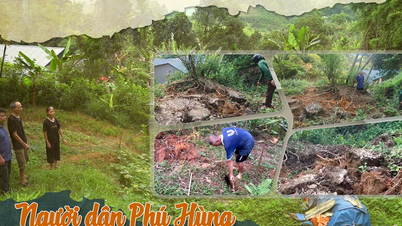














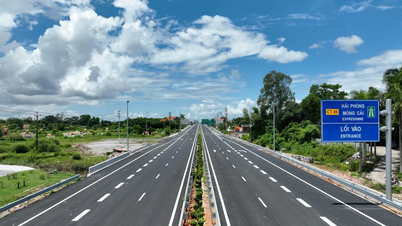













































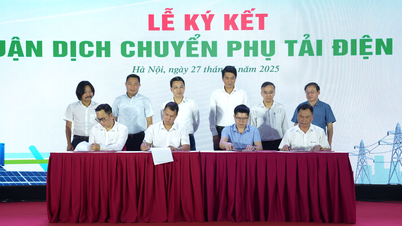



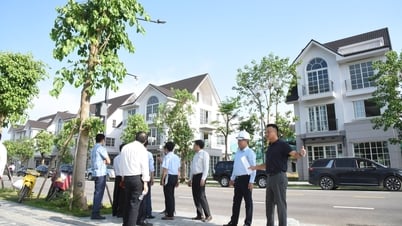












Comment (0)